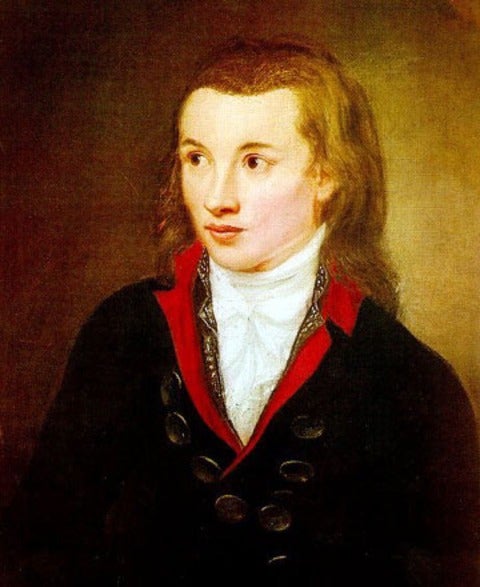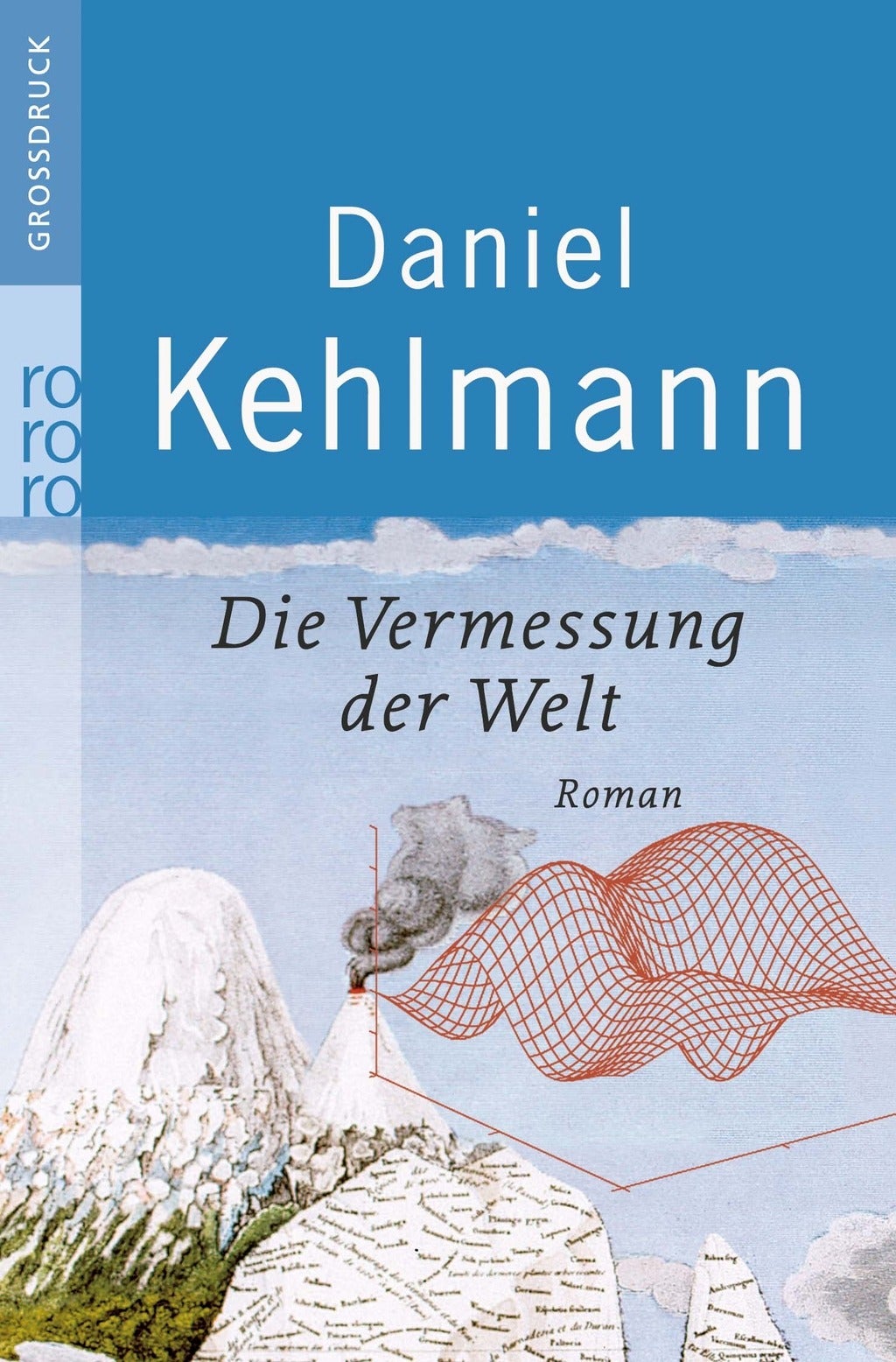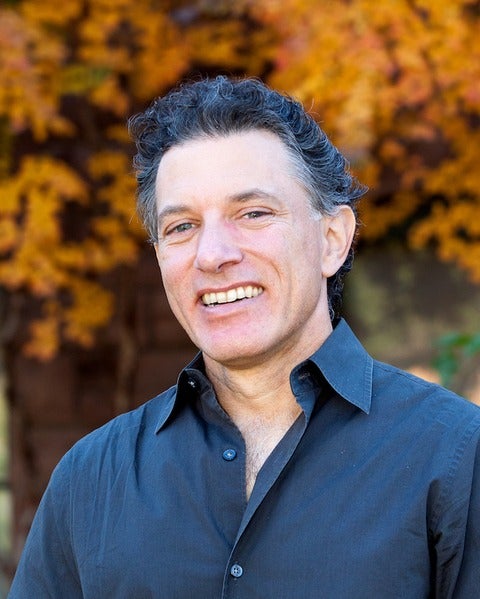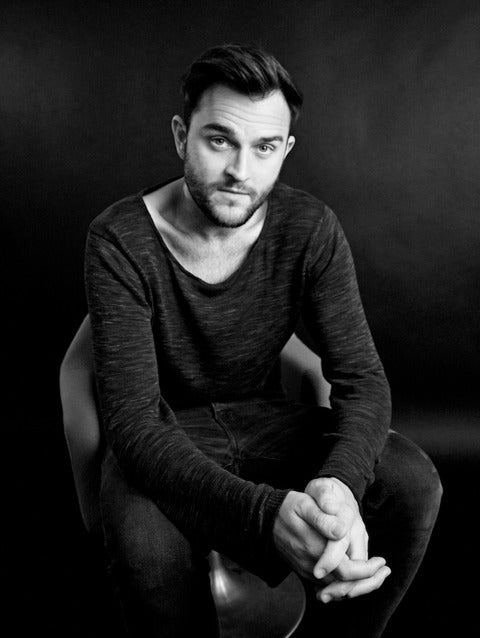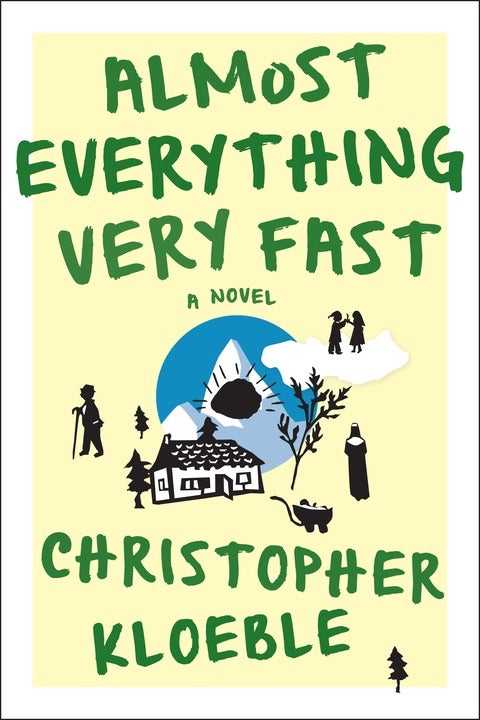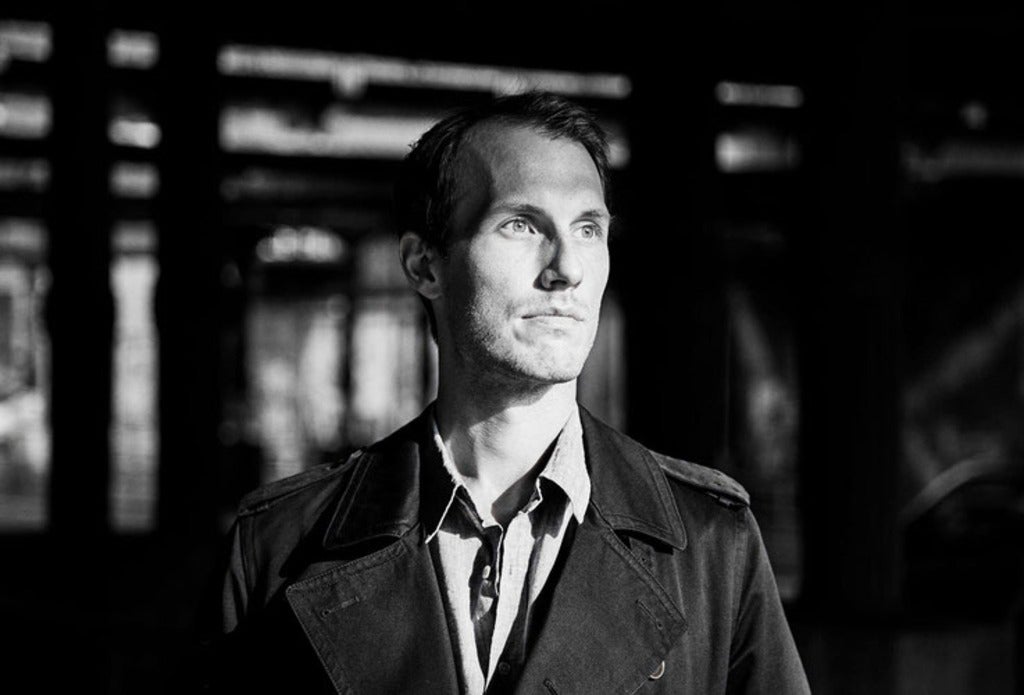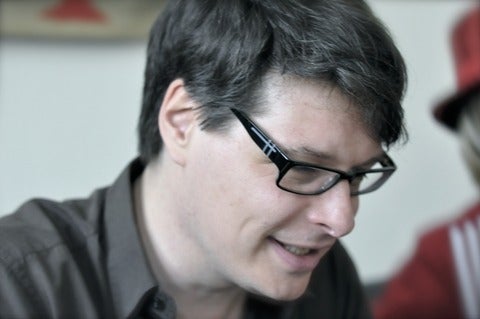Collaborative Works-in-Progress: Rediscovering Alexander Moritz Frey
Paola Mayer + Rüdiger Müller
Our talk will focus on our forthcoming edition of Frey's short fiction and on our plan for an article on his tale, "Der Mensch." We will address such questions as: Who was Alexander Moritz Frey? What did his oeuvre look like? How does one create an anthology that will put him back on the literary map? What does a Robinsonade written in 1940 by an exile author look like?
